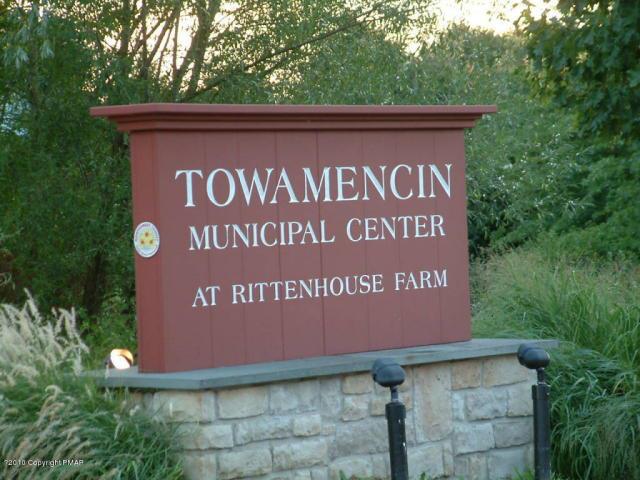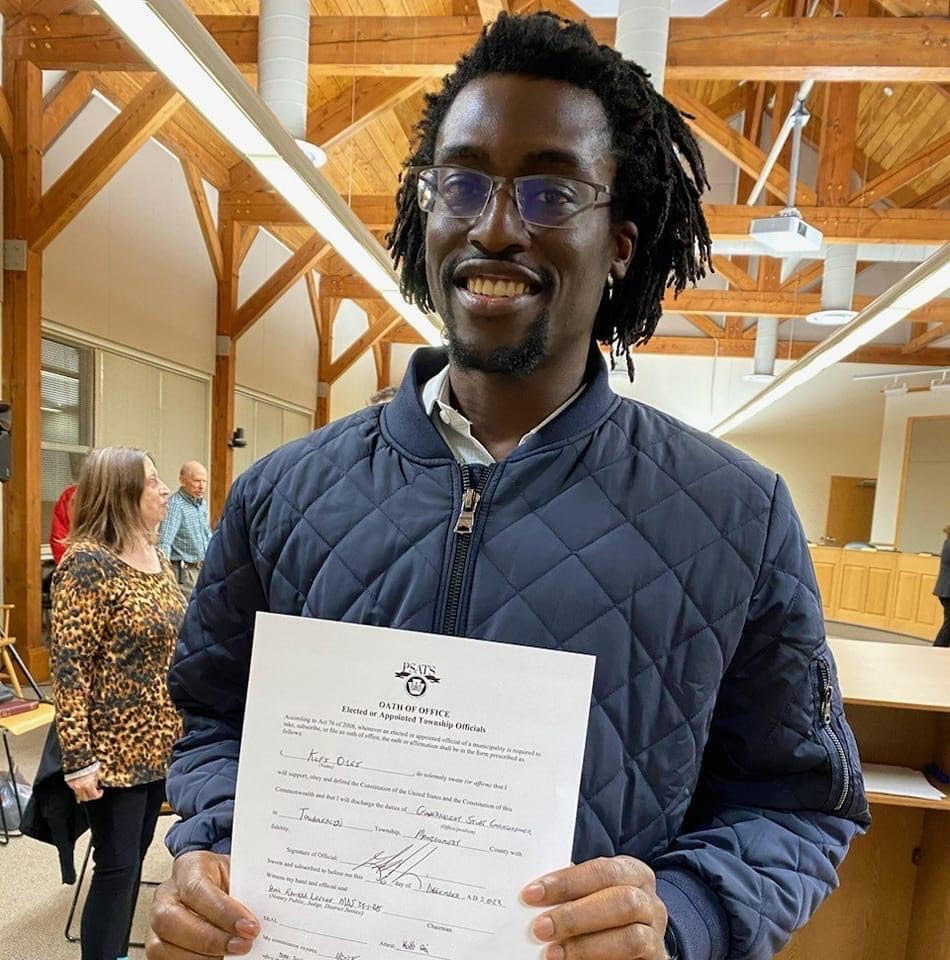The Towamencin Board of Supervisors will continue with its planned sale of the municipal sewer system even after residents voted to pass a charter that scrapped the sale and gave citizens more control over municipal water ownership. Residents were successful in last month’s primary election in passing a “home rule charter” that effectively negated the […]


